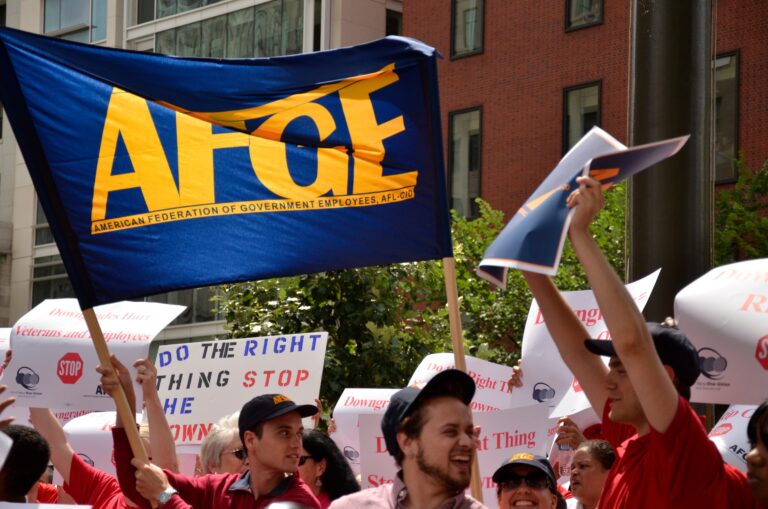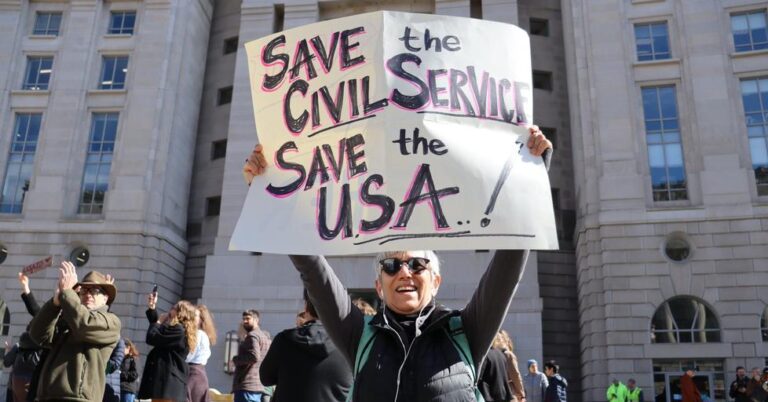
Miriam Li is a student at Harvard Law School and a member of the Labor and Employment Lab.
In today’s news and commentary, Musk and X move to settle a $500 million severance case, the Ninth Circuit stays an order postponing Temporary Protection Status terminations for migrants from Honduras, Nicaragua, and Nepal, and the Sixth Circuit clarifies that an FMLA “estimate” doesn’t hard-cap unforeseeable intermittent leave.
On Wednesday, Elon Musk and X Corp. (formerly known as Twitter) announced a classwide deal to resolve claims that roughly 6,000 laid-off Twitter workers are owed at least $500 million in severance. The tentative settlement comes one month before the parties were set to argue the case before the Ninth Circuit, and will still require district-court approval. The financial terms of the agreement have not been disclosed. The case—led by former X employee Courtney McMillian—challenged the company’s position that no ERISA-governed severance plan existed. DOL had backed the workers at the Ninth Circuit, arguing the policy falls under ERISA because it pays benefits on an ongoing basis. The parties jointly asked to postpone the September 17 argument while they paper the settlement.
Meanwhile, a three-judge Ninth Circuit panel granted DHS’s motion for a stay pending appeal, allowing the agency to implement its plan to terminate Temporary Protected Status (TPS) for nationals of Honduras, Nicaragua, and Nepal while the appeal proceeds, but denying its separate request to pause district-court proceedings. The two-page order offered no reasoning. TPS allows eligible nationals of designated countries to remain in the United States with work authorization when returning home would be unsafe due to conditions such as armed conflict or natural disaster. Before Wednesday’s order, the district court had found plaintiffs likely to succeed on their APA and Fifth Amendment equal-protection claims, citing evidence that DHS predetermined outcomes rather than neutrally reviewing country conditions. A preliminary-injunction hearing in the Northern District of California remains set for Nov. 18. Plaintiffs—represented by the ACLU of Northern and Southern California, Haitian Bridge Alliance, and NDLON—criticized the ruling: “The decision simply sanctions the government’s power grab, exposing tens of thousands of people to illegal detention and deportation,” said Ahilan Arulanantham, counsel for plaintiffs and co-director of UCLA’s Center for Immigration Law and Policy. “They deserve better than what this court has done today.” DHS called the order a significant legal victory.
Finally, the Sixth Circuit partially revived claims by a former USPS mail clerk with sickle-cell anemia who says he was fired after taking protected medical leave. After multiple absences, he entered a “last chance” agreement under which further attendance violations would lead to his termination. Writing for the court, Judge Julia Smith Gibbons rejected USPS’s argument that the plaintiff’s Family and Medical Leave Act (FMLA) certification capped his unforeseeable intermittent leave at two days per month, noting that “an estimate for intermittent unforeseeable leave cannot create an exact limitation of the total amount of FMLA days an employee can take.” The FMLA provides eligible workers up to 12 weeks of unpaid, job-protected leave—including intermittent leave—for certain family and medical reasons. The panel remanded for the district court to reassess which absences were FMLA-protected and whether USPS interfered with or retaliated against him for taking leave, but affirmed dismissal of his Rehabilitation Act claims for failure to request an accommodation.






Daily News & Commentary
Start your day with our roundup of the latest labor developments. See all
December 7
Philadelphia transit workers indicate that a strike is imminent; a federal judge temporarily blocks State Department layoffs; and Virginia lawmakers consider legislation to repeal the state’s “right to work” law.
December 5
Netflix set to acquire Warner Bros., Gen Z men are the most pro-union generation in history, and lawmakers introduce the “No Robot Bosses Act.”
December 4
Unionized journalists win arbitration concerning AI, Starbucks challenges two NLRB rulings in the Fifth Circuit, and Philadelphia transit workers resume contract negotiations.
December 3
The Trump administration seeks to appeal a federal judge’s order that protects the CBAs of employees within the federal workforce; the U.S. Department of Labor launches an initiative to investigate violations of the H-1B visa program; and a union files a petition to form a bargaining unit for employees at the Met.
December 2
Fourth Circuit rejects broad reading of NLRA’s managerial exception; OPM cancels reduced tuition program for federal employees; Starbucks will pay $39 million for violating New York City’s Fair Workweek law; Mamdani and Sanders join striking baristas outside a Brooklyn Starbucks.
December 1
California farmworkers defend state labor law, cities consider requiring companies to hire delivery drivers, Supreme Court takes FAA last-mile drivers case.